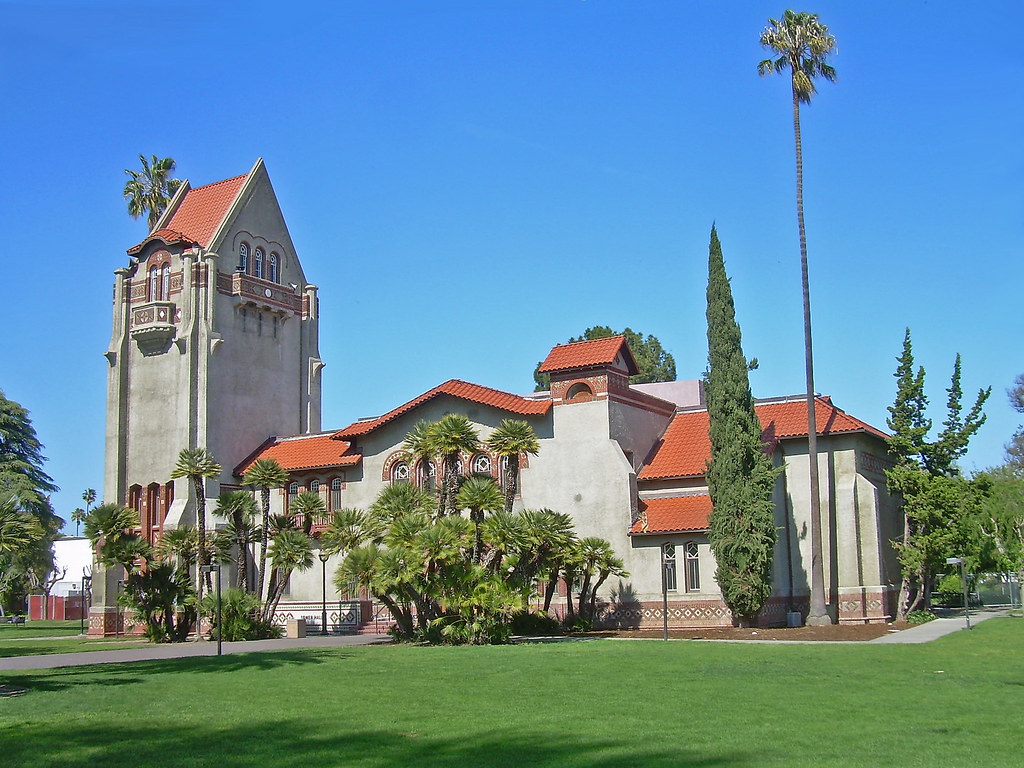On the East Coast, many have been following the suspension of Ilya Shapiro from Georgetown University, now lasting longer than an entire SCOTUS confirmation process. His accusers, law students, have called him “racist” and demanded that the university reserve for them a space to cry. Meanwhile, on the West Coast, a similar assault on free speech has resulted in a lawsuit, but that story, despite a relative lack of coverage, displays a much deeper problem facing the academy today: the politicization of scientific research.
Elizabeth Weiss, a tenured professor of anthropology at San Jose State University, is the plaintiff in this case. Her story is lamentable. In 2020, Weiss and James Springer published a critique of repatriation laws, which govern the return of Native American skeletal remains, a topic Weiss discussed at length with the National Association of Scholars. Activists denounced the book as “scientific racism” and shortly after its publication Roberto Gonzalez (Weiss’s department chair) and Dean Walter Jacobs of the SJSU College of Social Sciences held a symposium in response to the book: “What to Do When a Tenured Colleague is Branded a Racist.” Gonzalez called Weiss his “racist colleague,” adding that her work “borders on professional incompetence.”
Weiss wrote an op-ed in August arguing against a proposed mandate to re-bury skeletal remains. Once again, she was denounced as a “racist” and there were many demands that Weiss be punished for her position. A month later, excited to return to the university’s skeletal collection after the COVID-19 pandemic, Weiss tweeted a photograph of herself holding a skull, with the caption: “So happy to be back with some old friends.”
The university’s provost, Vincent Del Casino, was outraged by the photo. He wrote that it shocked the university’s indigenous community and claimed that there were “many things in the image itself that do not align with the values of SJSU.” The claim is dubious, as a similar photo of another professor was shared for a recent faculty award—although the original page appears now deleted—and Weiss’s photo on the department’s webpage shows her working with the skulls. Regardless, Weiss was barred from accessing the collection of which she was curator.
As bad as the assault on Wiess’s free speech is, there lies a deeper problem in the politicization of scientific research. Weiss understands this problem all too well and wrote about it in a recent article for Aero. She explained that social justice activists have intruded in her field of biological anthropology (probably for funding more than anything else) and are insisting that scientific researchers work towards political goals such as decolonization by “writing back” against “colonial mentalities.” As an example, Weiss criticized one paper recently published in a peer-reviewed journal, which argued for changing taxonomic names honoring discoverers. Why? Generally, those discoverers were white men. Continued use of the names supposedly perpetuates “colonialism” and “white supremacy.”
In another example, two anthropologists called for a moratorium on the use of cranial traits in estimating ancestry. Again, why? “Their use serves to bolster the debunked biological race concept,” the authors wrote, despite evidence that race (or ancestry, if you will) can often be determined by such features. Transgender activists have even argued against identifying the sex of human remains, as this could offend the victims of anti-trans violence. The fact that biological sex is an immutable characteristic useful in identifying homicide victims—transgender or not—is discarded.
All of this raises a question: what is the “professional incompetence” Gonzalez attributed to Weiss? Is it Weiss’s rational defense of contrary opinion? Or is it the scientific research which Gonzalez and many others intend on politicizing? Embracing the politicization of science is reprehensible, and entirely detrimental to the field. As Weiss points out in her Aero article, archaeologists Kent V. Flannery, Joyce Marcus, and others warned in 1994 that no matter how noble the political agenda, the science serving as its host always suffers.
“Today, more than 25 years later,” Weiss laments, “we’ve reached a point at which political ideology seems to be nearly decimating scientific research: within a few years, whole fields of study may be off limits. I hope that this is not the case for biological anthropology.”
Let us hope this is not the case for all scientific fields, not just for biological anthropology. Otherwise, when the academy is eventually exhumed, the remains of those who made it their crypt will leave future anthropologists utterly baffled. How the pusillanimous professoriate ever survived this long is mysterious enough, but intentionally starving themselves by making their own fields of study off-limits is truly inexplicable.
Originally published by American Greatness. Republished with permission.
